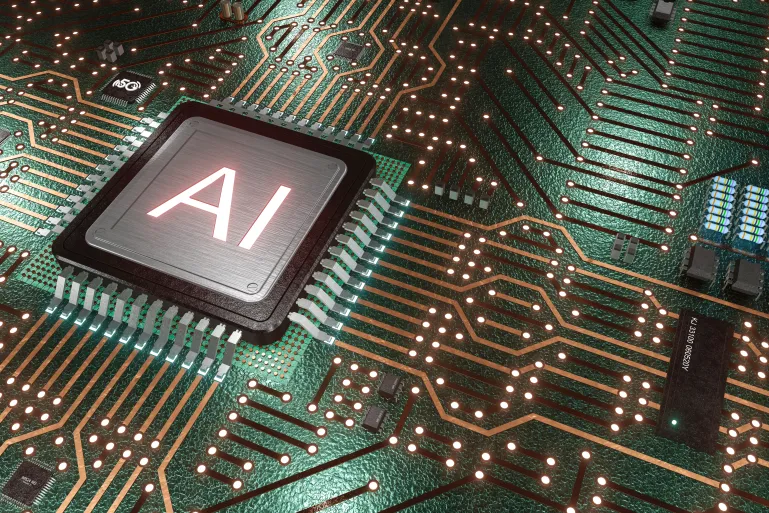
Throughout human history, the relentless pursuit of answers to questions about the origins of diseases and strategies for survival has led people to explore the diverse realms of herbal remedies. Turning to the talismans of priests and the incantations of seers, individuals sought refuge in these practices as a defense against the challenges of life.
The quest for optimal treatments has been an enduring endeavor for scientists. Despite possessing cutting-edge medical diagnostics, skilled healthcare professionals, and state-of-the-art hospitals, the transformative influence of artificial intelligence (AI) on healthcare in recent years has eclipsed previous advancements. AI’s immense potential has played a pivotal role in enhancing care, reducing costs, and securing a promising health future.
The term “artificial intelligence” echoes daily, encapsulating the endeavor to imbue computers with intelligence akin to human cognition. Its current potency lies in its capacity to assimilate vast datasets, discern patterns applicable to medical diagnoses, and swiftly process information.
The investment of billions of dollars in AI research across medicine, human biology, and healthcare attests to its growing significance. Various facets of AI, including machine learning, deep learning, and neural networks, are increasingly being applied to create systems for data processing, automate disease diagnosis, formulate new medications through modeling, and analyze diverse vital indicators.
AI algorithms, with their ability to handle data, predict diseases, and offer rapid solutions, have become indispensable references for researchers. Successful predictions of serious ailments such as cancer and cardiovascular diseases can significantly elevate human survival rates and improve recovery outcomes.
Sudden Cardiac Arrest (SCA) stands as a significant global health challenge, claiming the lives of 90% of those it afflicts. In the United States alone, around 360,000 individuals succumb to SCA annually.
Recent studies underscore that over half of patients exhibit warning signs hours or days before a heart attack. Yet, due to patient neglect and misinterpretation of symptoms by medical professionals, many succumb to these conditions.
In a collaborative international research effort, AI emerges as a potential precursor to predicting sudden cardiac arrest, contributing to expeditious emergency responses and mitigating risks. Initial findings presented at the 2023 American Heart Association Resuscitation Science Symposium indicate that AI can forecast sudden cardiac arrest three months in advance with an accuracy surpassing 90%.
This suggests that AI’s analytical prowess in processing patient data can identify impending risks, prompting physicians with timely warnings to intervene before critical points are reached.
In a Taiwan-based study, AI-driven interpretation of electrocardiograms significantly slashed the time required for diagnosing and transferring individuals with heart attacks to catheterization labs for treatment. Swift diagnosis and intervention are critical for restoring blood flow, minimizing heart muscle damage, and augmenting an individual’s chances of recovery post-heart attack.
AI’s efficacy extends across various applications, from predicting sudden cardiac arrest to developing tools for diagnosing heart conditions without overt symptoms. Examples, such as integrating AI into medical devices like Apple Watches to detect reductions in left ventricular ejection fraction, highlight its diverse and impactful contributions to healthcare.
Leave a Reply